How many times have you told your employer or your professor you were ‘sick with fever’ or have a ‘terrible headache’ when in reality you had an anxiety episode or just weren’t feeling up to it, mentally? According to WHO, a sizable chunk of Indians are mental health survivors, and yet, you barely hear anyone say, ‘This morning I had a panic attack and I’m finding it increasingly difficult to function,’ as a reason to take a day off.
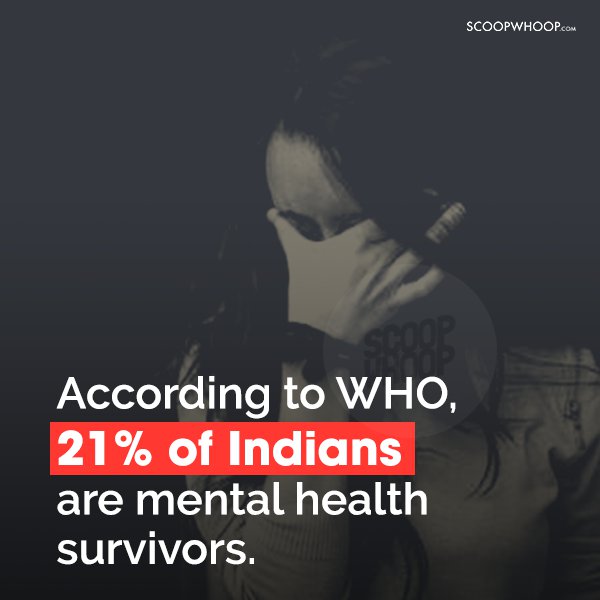
To top it off, India is also responsible for 18% of global depression!
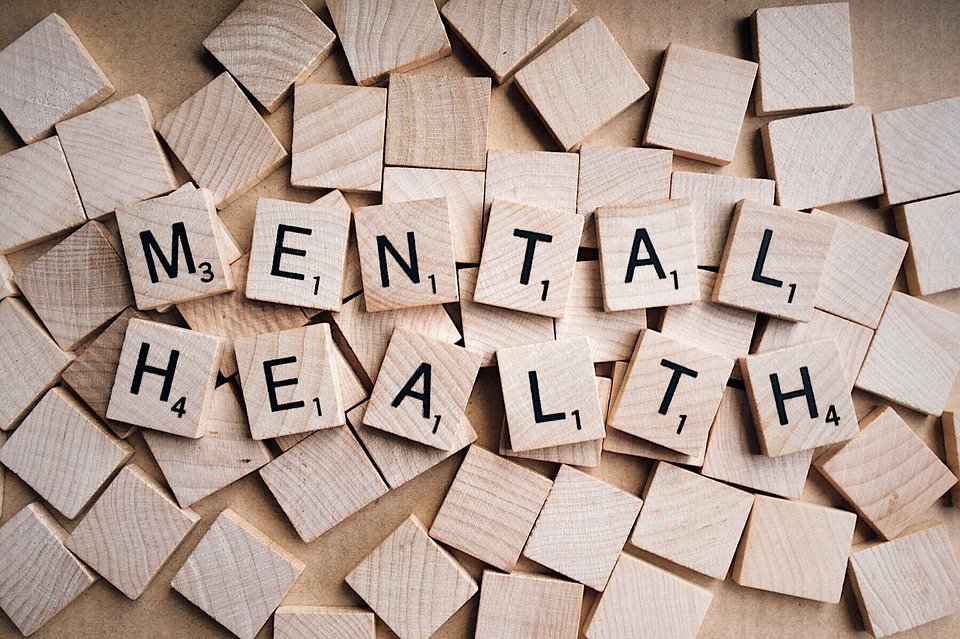
A mental health day off work is when you take a leave to focus on balancing your level of stress and preventing a burnout or a nervous breakdown.
In India, that is unheard of. Mental health rarely ever comes up at your workplace as reason for missing work. And there are many reasons why.
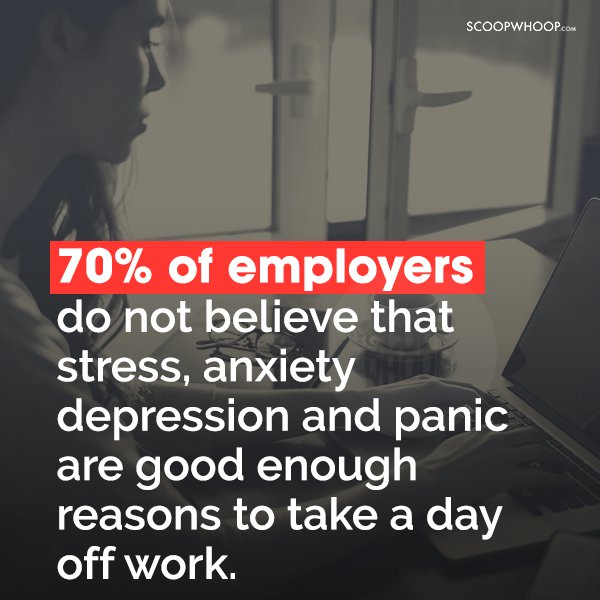
So how can we change this? Well, for starters, talking about mental health and creating a comfortable environment for people to discuss what is bothering them, always helps. It’s cliche but it’s true, communication is the key.
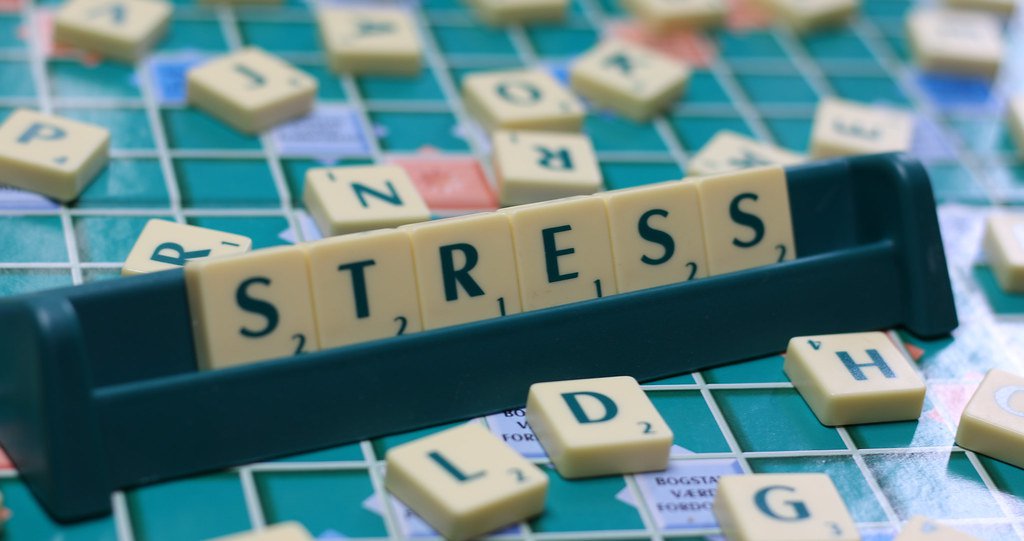
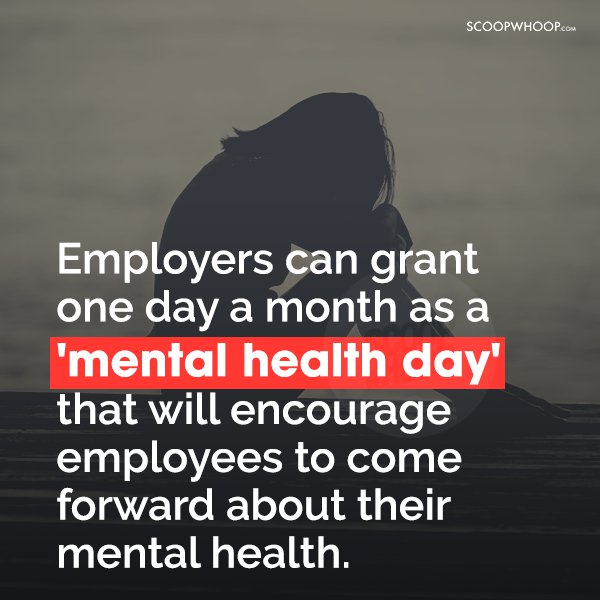
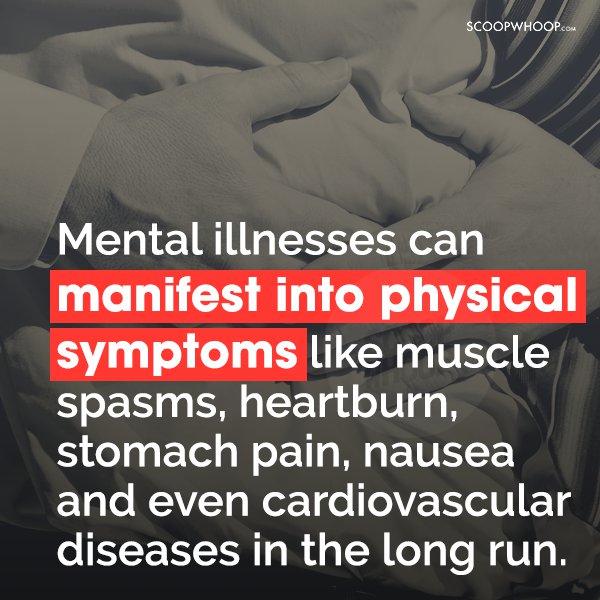
Regular employee retreats or off sites are a great way to show your employees that they are valued and their time is precious.
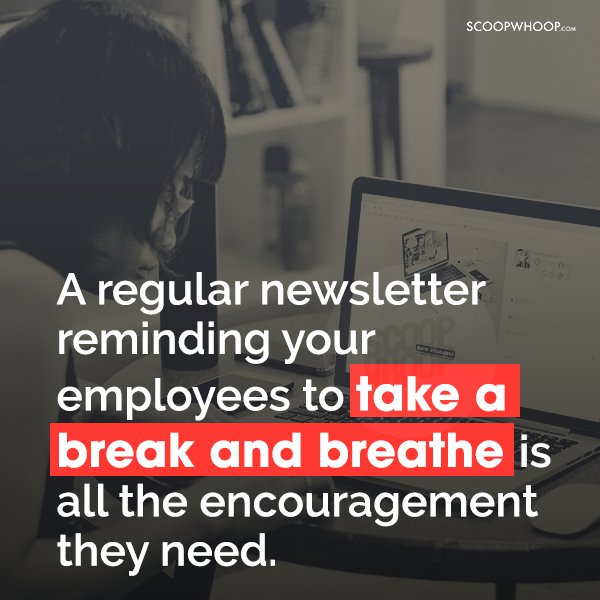
It’s time to stop feeling guilty about taking a mental health day off at work. Your mental healing matters and no, you don’t need to wait to the point of burnout to pay attention to yourself.

















